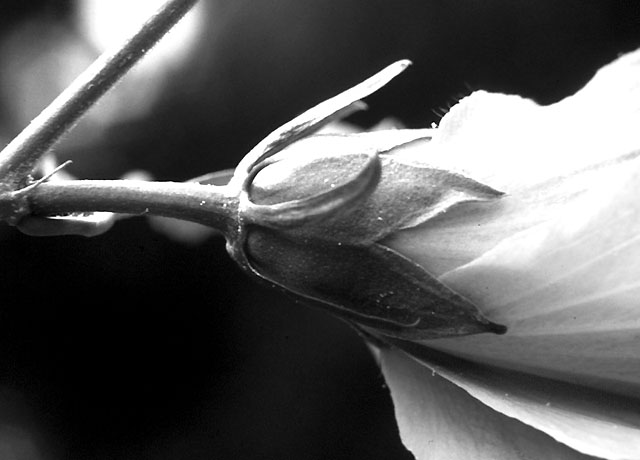Klage
Wem willst du klagen, Herz? Immer /
gemiedener
ringt sich dein Weg durch die unbegreiflichen
Menschen. Mehr noch vergebens vielleicht,
da er die Richtung behält,
Richtung zur Zukunft behält,
zu der verlorenen.
Früher. Klagtest? Was wars? Eine gefallene
Beere des Jubels, unreife.
Jetzt aber bricht mir mein Jubel-Baum,
bricht mir im Sturme mein langsamer
Jubel-Baum.
Schönster in meiner unsichtbaren
Landschaft, der du mich kenntlicher
machtest Engeln, unsichtbaren.
Rainer Maria Rilke (Paris July, 1914)
|
Complaint
To whom shall you complain, heart? Ever more /
shunned
your way wrestles through the impenetrable
people. The more to no avail perhaps,
because it holds to the direction,
holds to the direction of the future,
to what's lost.
In the past. You complained? What was it? A fallen
berry of Joy, unripe.
But now my whole Tree of Joy is breaking,
in the storm my slowly grown Tree of Joy
is breaking.
Most beautiful thing in my invisible
landscape, you who made me more knowable
to angels, invisible ones.
(tr. Cliff Crego)
|




